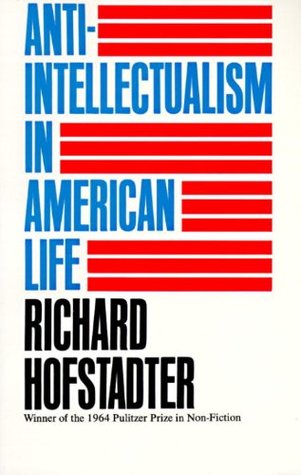Dewey felt that he and his contemporaries must now surmount a series of artificial dualisms inherited from past ages. Primary among these was the dualism between knowledge and action. For Dewey, action is involved in knowledge—not in the sense, as some of his uncomprehending critics charged, that knowledge is subordinated to action and inferior to “practice,” but in the sense that knowledge is a form of action, and that action is one of the terms by which knowledge is acquired and used.
Welcome back. Just a moment while we sign you in to your Goodreads account.


